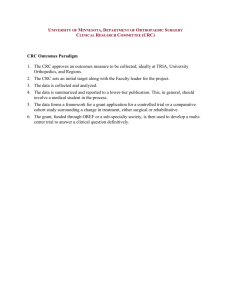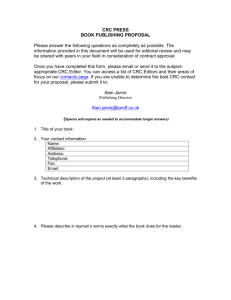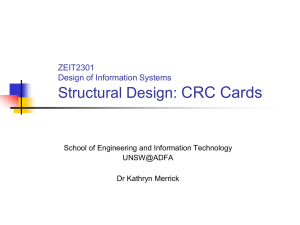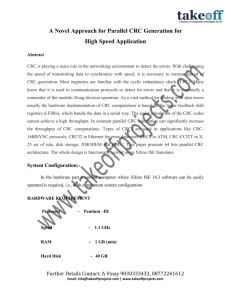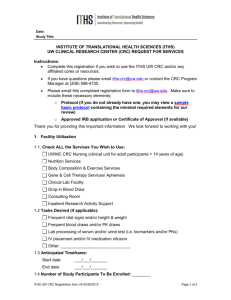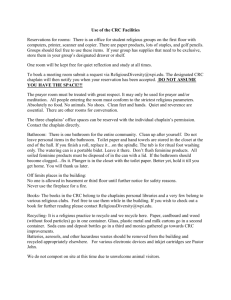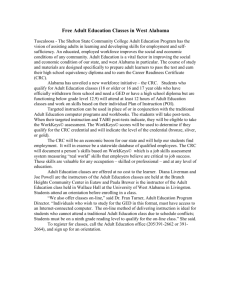ORGANIZATION
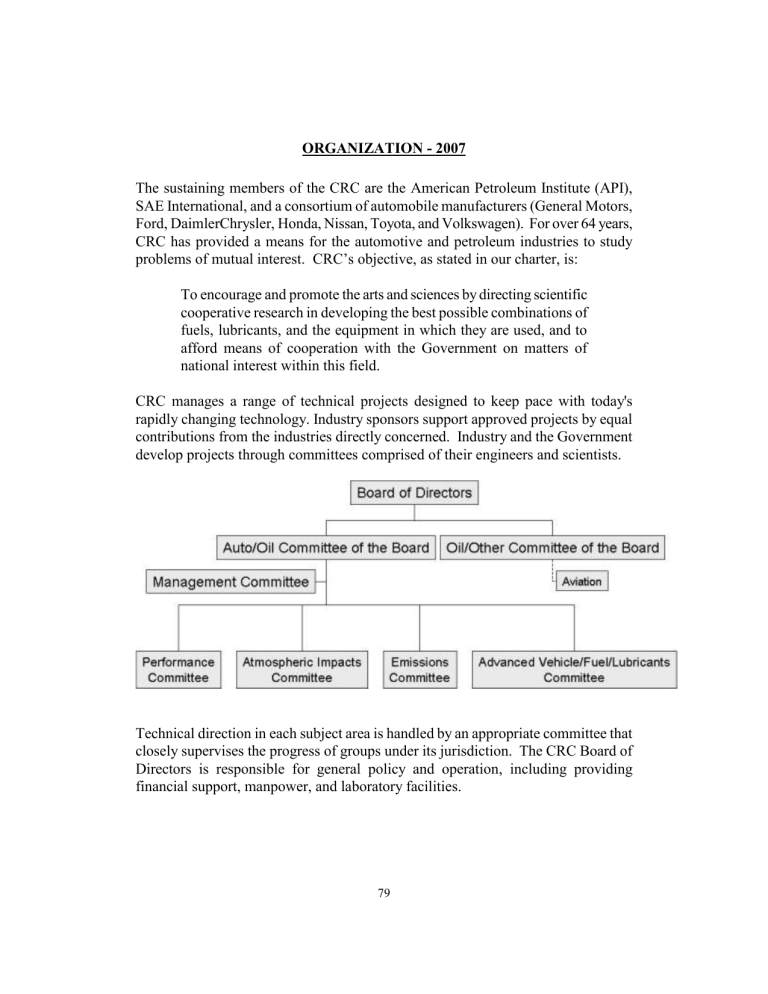
ORGANIZATION - 2007
The sustaining members of the CRC are the American Petroleum Institute (API),
SAE International, and a consortium of automobile manufacturers (General Motors,
Ford, DaimlerChrysler, Honda, Nissan, Toyota, and Volkswagen). For over 64 years,
CRC has provided a means for the automotive and petroleum industries to study problems of mutual interest. CRC’s objective, as stated in our charter, is:
To encourage and promote the arts and sciences by directing scientific cooperative research in developing the best possible combinations of fuels, lubricants, and the equipment in which they are used, and to afford means of cooperation with the Government on matters of national interest within this field.
CRC manages a range of technical projects designed to keep pace with today's rapidly changing technology. Industry sponsors support approved projects by equal contributions from the industries directly concerned. Industry and the Government develop projects through committees comprised of their engineers and scientists.
Technical direction in each subject area is handled by an appropriate committee that closely supervises the progress of groups under its jurisdiction. The CRC Board of
Directors is responsible for general policy and operation, including providing financial support, manpower, and laboratory facilities.
79
The diversity of the organizations participating in the various CRC committee activities can be seen in the remainder of this section. Committees and their working groups are made up of professionals of the highest technical competence in their areas.
CRC is not involved in regulation, hardware or fuel development, nor setting standards. CRC has only one real mandate, and that is to add to the scientific base that underlies regulation and technology. All CRC information is made publicly available and is used by industry to ensure optimum compatibility and customer satisfaction with its products and by industry, government, and the public to enhance joint achievement of clean air.
CRC has two basic types of research programs:
Cooperative research programs -- where scientists from various organizations come together to conduct cooperative research. This method utilizes the expertise from industry, government, and academia to develop and conduct experimental research programs. The results of these programs are published and made publicly available.
Contract research programs – where CRC conducts research by contract with independent research laboratories. Requests for proposal are issued to leading research organizations and universities soliciting proposals to carry out specific research programs. Committees composed of industry and government representatives have designed these programs. The committees evaluate the proposals, and the research is carried out under the monitorship of the committees.
Once again, reports that document the results of the study are published and made publicly available.
CRC’s Auto/Oil Committee of the Board of Directors oversees the cooperative research summarized in this report. Board membership is comprised of six representatives from the petroleum industry and seven representatives from the automobile companies. Each industry has one vote on this committee, and each side must agree on matters concerning research priorities and funding before a project goes forward.
This organizational structure ensures research programs that are relevant to both industries as they change their products to comply with the provisions in the U.S.
Clean Air Act Amendments or other regulations that affect the industries. Industry believes that making improvements in air quality can best be achieved through a sound understanding of the scientific issues. Industry working together with involvement from appropriate Government agencies is an effective approach to obtain technical information needed to achieve environmental and other vehicle performance goals.
80
